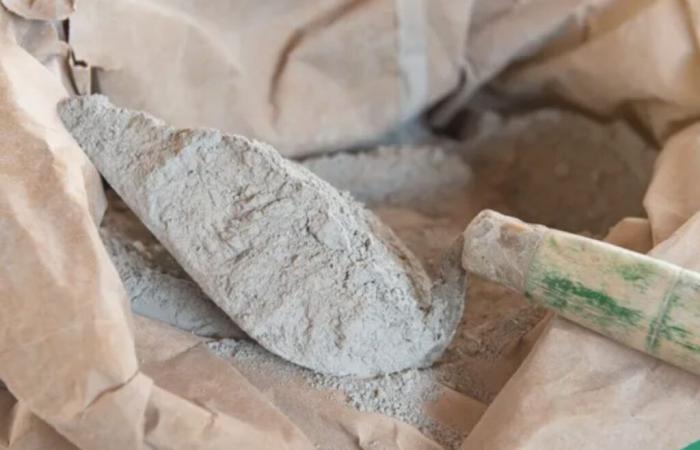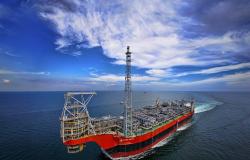The cement industry in Senegal has just received a huge boost from the International Finance Corporation.
Concretely, the cement sector in Senegal, via Sococim Industries, was granted a green loan of 78 million dollars (around 50 billion CFA francs) by SFI.
Why is the IFC offering 50 billion for Senegal’s cement?
This financing, provided by the private sector arm of the World Bank, aims to radically transform cement production in the country.
The objective is ambitious: reduce greenhouse gas emissions by 312,000 tonnes of CO2 equivalent per year by 2030.
For the subsidiary of the French group Vicat, this massive injection of capital will make it possible to accelerate the modernization of its facilities, in particular through the adoption of innovative technologies such as solar fuels and waste recovery.
Sococim’s commitment to this ecological transition also responds to a major challenge in the sector.
Indeed, the production of clinker, an essential component of cement, is responsible for 90% of the cement industry’s CO2 emissions.
The modernization of production lines is part of a sustainable development plan, as highlighted by Elhadji Mamadou Seck, CEO of Sococim Industries, who promises a “green cement, clean and with high added value”.
Beyond its environmental impact, this project has significant socio-economic benefits.
The SFI plans to create around 4,700 jobs, thereby helping to boost the local labor market.
This green loan is also part of a growing investment dynamic by the IFC in Senegal, with nearly $615 million committed during the last financial year, a record level for the institution in the country.






